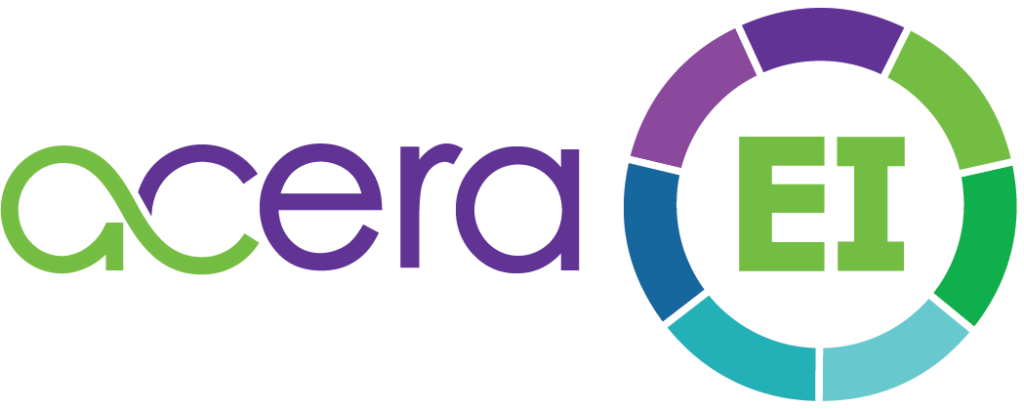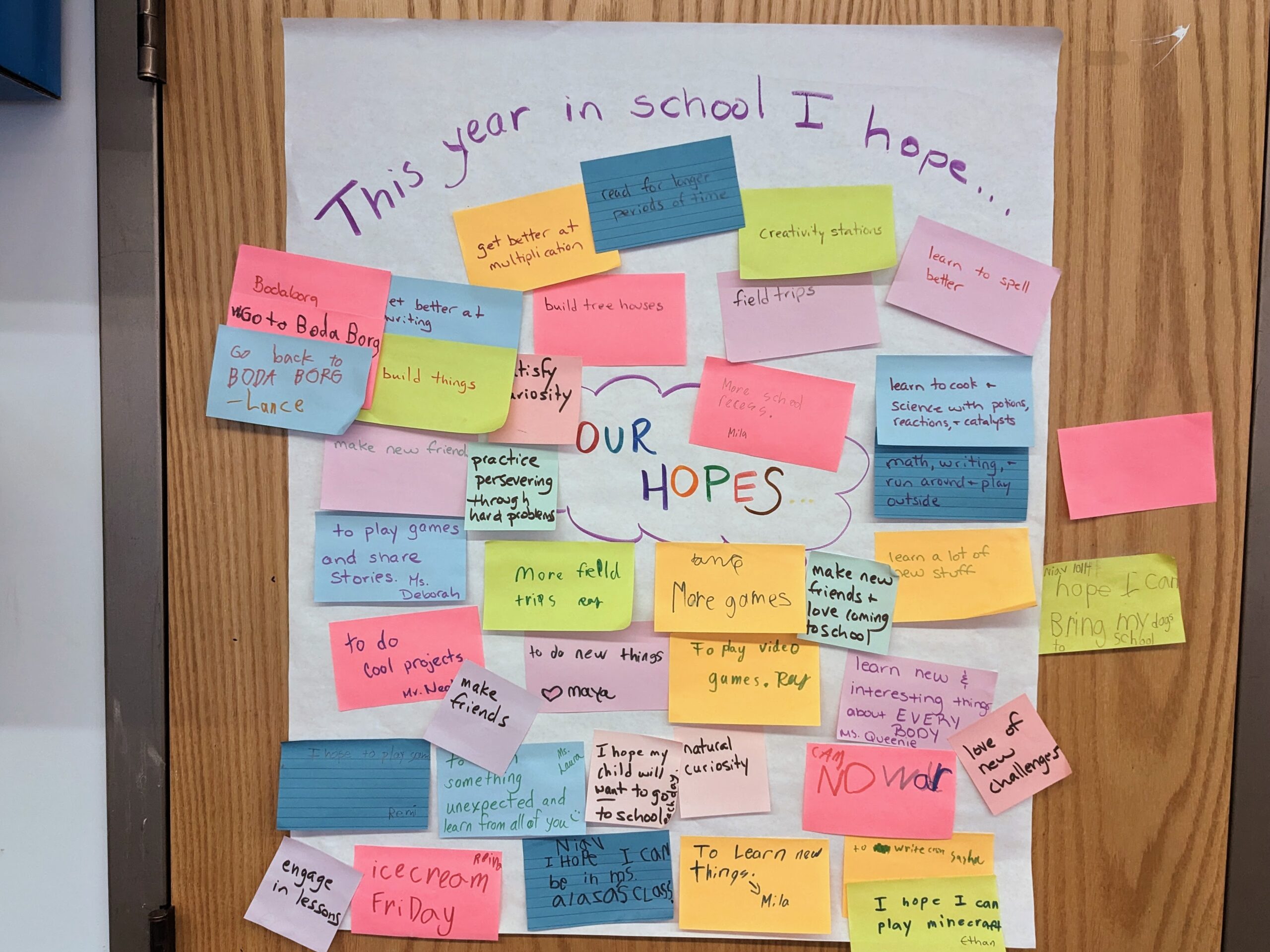What makes a school successful?
One of the challenges with education is that we are not measuring the things that matter the most. The decades-long standardized testing movement has failed to close the equity gap in education, which was its entire intent. So, where does that leave us?
We have an opportunity to redefine the purpose of school, and concurrently step back as a society and look at what we are doing to our children. Many common school practices are actually harmful to kids: inducing anxiety, creating a culture in which kids feel anonymous or silenced, and rewarding compliance over setting the stage for students to engage in authentic problem solving challenges.
Here’s where this “redefining” can begin – with a comprehensive dashboard for success that measures four categories:
- Growth in students’ core capacities: Systems thinking, problem-solving, creativity, ethical decision making, emotional intelligence and adaptability, initiative and leadership, perspective taking and collaboration.
- Positive school cultures and overall student well being: Positive supportive relationships between students and adults, reduction in anxiety and depression levels, authentic engagement in learning, and students’ sense that the work they are doing is meaningful and relevant. Schools can foster a positive school culture that gives kids “permission to fail,” rewarding the practice of taking a chance and trying something new, even if it doesn’t work out as planned.
- Evidence based pedagogy: Put into place learning approaches that are backed by evidence, like learning experiences crafted around students’ curiosity; dramatically reduce reliance on “chalk talk” lecture/listen learning, and increase project-based learning that is applied to real problems.
- Standardized testing & absences: There are ways to improve the types of standardized tests which are emphasized, and extinguish those that incent a “teach to the test” approach. Content acquisition and rapid coverage of topics can, on the surface, seem effective, but learning psychology tells us that only when knowledge is analyzed, applied in new ways, and truly internalized and used does that knowledge “stick” rather than being forgotten as soon as the test is over.
At Acera, we start every year with non-stressful qualitative assessments to get a snapshot of where kids are in September – in reading, math, emotional intelligence and perspective taking, conceptual and complex thinking skills, awareness of others and collaboration – and then, along with parental listening conferences in September, core classroom teachers develop an individual learning plan and pathway which is uniquely suited to each child’s current readiness, learning profile, needs, and interests.
Beyond our school, we have set the stage to bring this approach to education to Pyne Arts K-8 School in Lowell, through a customized School Success Dashboard which fits their priorities for student growth and school improvement.
We can improve our schools and our kids’ educational and childhood experiences. There are myriad ways to do this, and teachers know how. We simply need to get the rules out of their way, and set new goals for schools.

